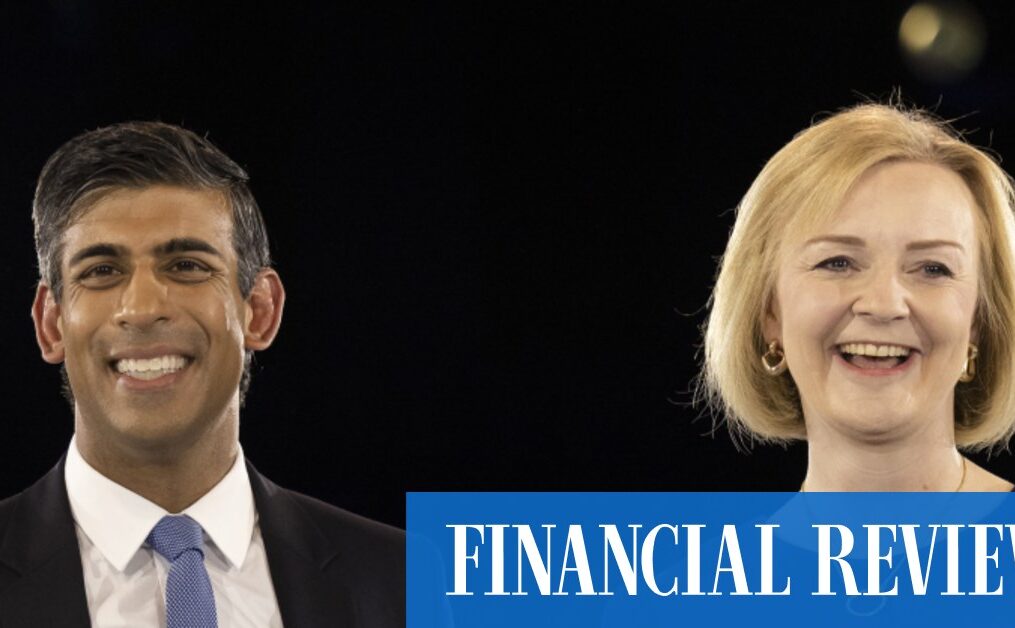Liz Truss poised to claim keys to Downing Street
Ms Truss has said she wants to use her ministerial appointments to heal the rifts that opened up among Tory MPs during a bitter seven-week leadership contest.
But Mr Sunak has said he will probably refuse to serve in her ministry, as he disagrees with her proposal to fund £30 billion ($51 billion) of tax cuts by borrowing more money.
Emergency budget
He might become a backbench thorn in her side. He says her policies will stoke inflation, rattle the financial markets, drive up public borrowing costs and fail to help households with rising costs and falling living standards.
If he pulls off a hugely unexpected victory – the betting markets put that probability at 8 per cent – Mr Sunak will take a more fiscally cautious approach to steering Britain out of recession.
Ms Truss plans to bring forward an “emergency budget” or “fiscal event” – the latter terminology might help her avoid scrutiny from the independent Office of Budget Responsibility – to address the cost-of-living crisis.
Britons are facing the sharpest drop in their living standards since the Second World War, with inflation tipped to breach 20 per cent and energy bills tripling in a year. Public services such as health, education and transport are also struggling.
Ms Truss has promised to reverse tax increases introduced by Mr Sunak as chancellor, which were designed to fund improvements to health and social care.

All smiles: Rishi Sunak and Liz Truss at the final hustings of the seven-week grassroots campaign. Getty
She has said she does not plan to cut public spending – and wants to spend tens of billions more on defence – but will save money through “a 10-year plan for public service reform”.
To tackle inflation, she has suggested she will instruct her chancellor to rewrite the Bank of England’s mandate – although she has given no details of what might be changed.
She has promised a fresh showdown with the European Union, threatening to scrap the Northern Ireland protocol of the treaty that the Johnson government signed with Brussels in 2019.
She has vowed to pursue deregulation and lower taxes, and has promised to review inheritance taxes, business rates, tax incentives for investment and the tax treatment of the self-employed. She opposes any increase in the windfall tax on outsized oil and gas company profits.
Like Mr Johnson, Ms Truss has championed Britain’s relationship with Australia, having visited as trade secretary during the negotiations for a free-trade agreement.
In 2020, she appointed former prime minister and political confidant Tony Abbott as an unpaid trade adviser, which brought him to the UK several times during the COVID-19 pandemic lockdowns and border closures.
She also forged a close relationship with former high commissioner George Brandis, which reached its public apogee on a nightclub dance floor at the Conservative Party’s annual conference last year.
Ms Truss and Prime Minister Anthony Albanese are not natural ideological bedfellows, but will look to emulate the kind of relationship that former Labour prime minister Bob Hawke had with conservative counterparts Margaret Thatcher and Ronald Reagan.

